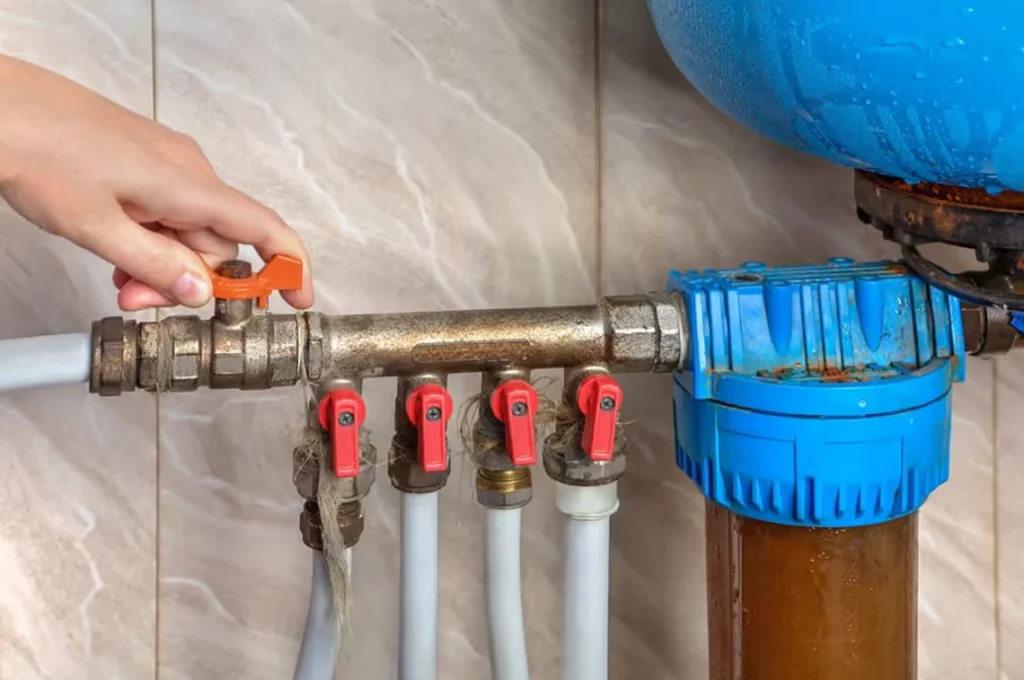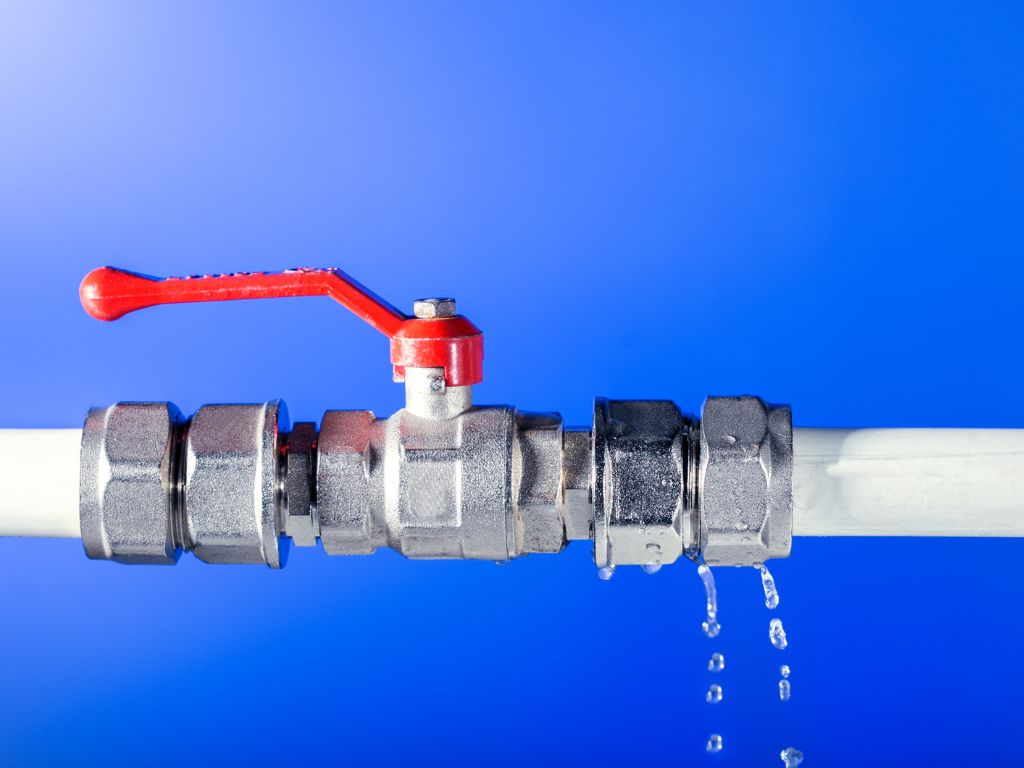On this page in the next paragraphs you can find more professional data involving What to Do While Waiting for an Emergency Plumber.

Plumbing emergencies can strike any time, triggering stress and possible damages to your home. Whether it's a ruptured pipe, a blocked drain, or a leaky tap, understanding how to manage the circumstance up until a professional plumber gets here can conserve you from additional problems. This write-up gives crucial emergency situation pipes ideas to assist you alleviate damage and regain control during a plumbing dilemma.
Switch off the Water
The very first step in any kind of pipes emergency situation is to shut down the water supply. For localized issues, such as a leaking faucet or toilet, switch off the shutoff near the component. When it comes to a significant leakage or ruptured pipe, find your home's primary water shut-off shutoff and transform it off instantly. Knowing the location of these valves in advance can conserve beneficial time throughout an emergency.
Address Small Leaks with Momentary Repairs
Tiny leakages can promptly become significant issues if left untreated. Make use of these short-lived solutions till professional help arrives:
While these solutions aren't permanent, they can aid reduce water loss and damages.
Unclog Drains Securely
A clogged up drain can be an irritating and messy problem. Below's how to tackle it:
If these techniques don't work, prevent making use of too much force, as it may intensify the obstruction.
Take Care Of Overflowing Toilets
An overruning bathroom can create prompt disorder. Here's what you should do:
Shut Off Your Water Heater
In certain emergency situations, such as a ruptured pipeline, it's smart to turn off your water heater. This prevents getting too hot or damages to the system when water stops moving. Shut off the power supply to the water heater (electric or gas) and let it cool to stay clear of prospective risks.
Temporarily Stop a Ruptured Pipe
A burst pipeline can cause considerable water damage in minutes. To minimize the problem:
Call an expert plumbing quickly to attend to the problem completely.
Deal With Frozen Pipes Very Carefully
In chillier environments, icy pipes are a typical emergency. If you believe a frozen pipeline:
Protect against Additional Damage
Taking fast action to decrease damage can conserve you time and money in the long run. Below's exactly how:
. Have an Emergency Plumbing Package
Prepare a fundamental pipes emergency package to take care of minor problems effectively. Your set should include:
Having these devices on hand can make a substantial distinction in your ability to handle emergency situations.
Know When to Call a Specialist.
While quick fixes can assist temporarily, specific plumbing problems call for instant specialist interest. Call a plumber if:.
Promptly contacting an expert makes certain the issue is solved correctly and avoids more difficulties.
Conclusion.
Pipes emergency situations can be frustrating, but with the ideal expertise and tools, you can handle the scenario effectively until assistance gets here. By turning off the supply of water, resolving small leaks, and utilizing short-lived fixes, you can reduce damage and maintain your home safe. Bear in mind, these tips are short-term services; constantly get in touch with a qualified plumbing professional to take care of the root cause of the problem. Preparation and quick thinking are your finest allies in any type of plumbing emergency situation.
8 Helpful Tips for Managing Plumbing Emergencies at Home
If your plumbing system hasn’t failed once, wait for it because almost everyone has a story to tell. Sometimes, it could be simple emergencies such as a leaking pipe, a blocked cistern, or even a big burst pipe. In situations like this, you need to have some handy tips to save you some money and from possible damages.
Take care of minor issues early.
Sometimes, you could have avoided an emergency by taking proactive measures while it was still early. Some major plumbing emergencies can be a result of an ignored minor issue. We recommend that you have items like plumbing tapes and other related items. A plumbing tape can allow you to manage minor leaks before the plumber arrives.
Cut off the water supply.
This tip is essential in almost any type of leakage problem. For problems like minor leakages in the toilet or kitchen, turn off the supply that takes water to the affected pipes. If the leakage is a major pipe, you must shut off the supply valve to the entire building. This will help you avoid flooding your home and neighbors if you share a flat.
Know your plumbing system
Folks typically move into a new apartment without understanding the water supply around the building. This can prove disastrous if a water emergency arises and the plumber is far away. The previous tip will prove useless if you don’t practice this one. More importantly, know where your water shut-off valve is located – you’ll need that knowledge to prevent potential home floods.
Have some common handy tools
There are lots of plumbing emergencies that you can handle without hiring a plumber. That’s why you must keep some tools available always. Some tools that you can use to fix simple plumbing emergencies easily include plumbing tapes, screwdrivers, thread seal tapes, plungers, pliers, tape measures, and rubber gloves.
Insulate your pipes from cold
You’ll save yourself from many plumbing expenses if you protect your water pipes from the cold. This is because of the harmful effects that cold weather can have on your pipes. During winter, your pipes can burst from being overly expected to freezing temperatures. So, make sure insulators are there to keep the pipes working correctly.
Avoid practices that will clog your toilet.
Many people indulge in practices that can damage the plumbing system of the entire building. One of these is when they use their toilet to dispose-off garbage. They flush all kinds of things, such as paper towels, bandages, hairs, female sanitary products, etc., down the toilet. This will block your toilet in the long run, incurring unnecessary expenditures. Dump such waste in the trash instead.
Check your dials regularly.
Sometimes, there could be leakages in your home without noticing them in time. So, constantly monitor your water meter dial. If the dial is reading when there is nobody using water, this is an indicator that there is leaking. Check for leaks immediately. Call a plumber as soon as possible if you can’t find any.
https://www.constructionplacements.com/8-helpful-tips-for-managing-plumbing-emergencies-at-home/

We were guided to that article about Plumbing Emergencies: Tips on What To Do Before through a pal on a different domain. Do you know another individual who is enthusiastic about the topic? Do not hesitate to promote it. Thanks so much for going through it.
Call